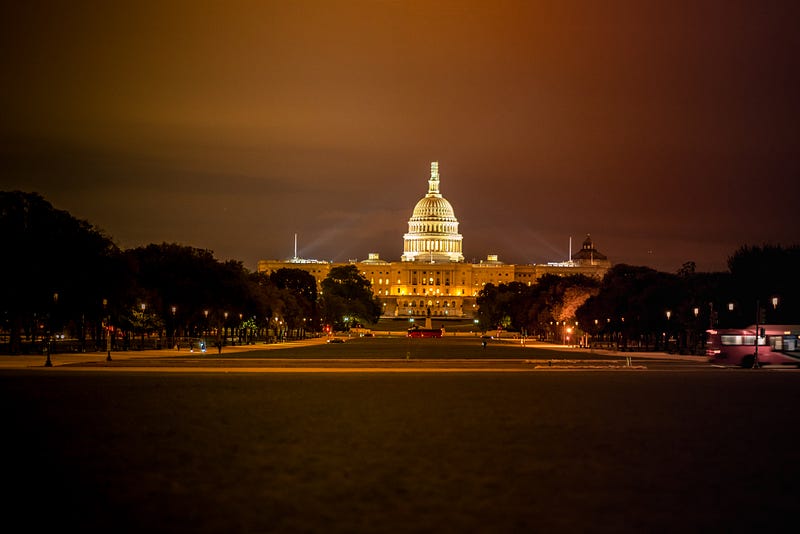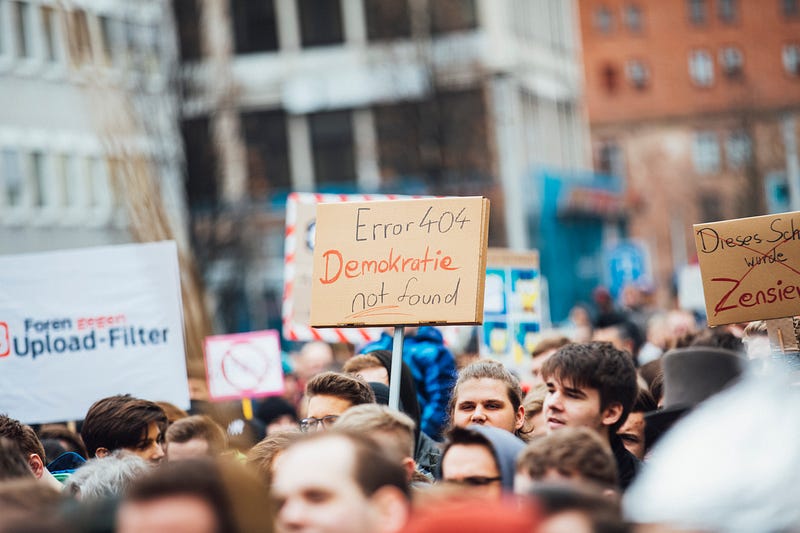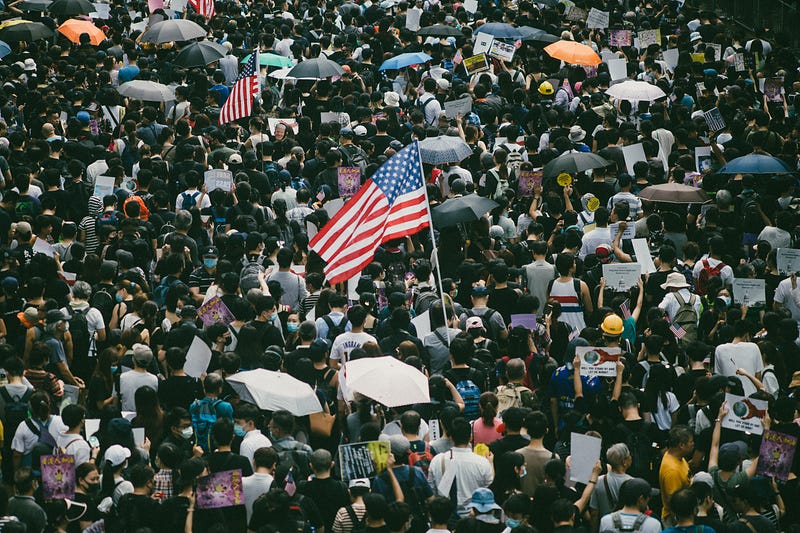A Discussion of “The Political Limits of Economics”
We are living in a time when experts and their recommendations are ruling over us. Our politically elected officials are deferring to their guidance — is that how it should be in our democratic republic?
Given the time it takes to publish, I doubt if Dr. Luigi Zingales, an economist with the University of Chicago, had heard of Covid-19 when he wrote this article. But it is perfectly timed to question the role of experts in our system. Ranging from who is writing our legislation to the powers of the Federal Reserve, unelected experts make many decisions that affect us all daily.
I love the way he starts his piece. He refers to a 30 year old book by Samuel Huntington on the state and the military. There are essentially 3 systems:
- Civilian political leadership — when the civilian political leadership is in charge of the country’s military strategy
- Military dictatorship — when the military is in charge of the political decisions
- Technocratic dictatorship — when economists control the country’s economic policy
It is the last one that this article explores. Essentially economists can, and should, advise on policy decisions but the decision of what to follow is a political one. Plus, there can also be many hidden ways biases creep in to effectively put us in a technocratic dictatorship, perhaps unknowingly.
The Problem of Political Limits
Guided by previous work by Paul Tucker on the “five principles of delegation,” Zingales focuses each of them on the economic profession to illustrate how expert bias can creep in and circumvent the political process. (p.378)
- Voters’ Alleged Stupidity — this assumption justifies the experts pushing a policy, even if they have to distort its true purpose from the people, because the stupidity of the voters will interfere with the economists implementing what they know is the right thing.
- Politicians Are Myopic — their focus on the next election may cause politicians to prioritize short term costs over long term benefits. If true, then economists can feel right to substitute their judgments over the political class. But who is examining the assumptions and incentives of the economists?
- Time Inconsistency — another insult to the voters is the idea they do not understand the long-term consequences of their decision. As a result, economists need to build institutions that are insulated from voters, like the establishment of an independent central bank, a la the Fed.
- Economic Inconsistency — following policies that go against existing laws because the laws violate goals and beliefs of the economic profession. Here, Zingales gives the example of an antitrust law, the 1936 Robinson-Patman Act because it was essentially never enforced. Passed during the Great Depression with an intent to give small businesses protection, economists saw it as inconsistent with promoting competition. His point is not whether economists were right but that in a democracy a law was passed that was largely ignored through the advice of the economic experts.
- Political Inconsistency — here the question is the role of political consequences impacting the economic policy recommendation. If economists are asked by the politicians for policies that boost employment, should they only present options that the economists politically like? This is an example where bias can subtly creep into the policy advising role.
So those five examples of political failure can result in economic experts substituting their judgment for that of the participants in the democratic process. Zingales advises economists turn their tools on themselves to stop this. That is,
If we are not just power grabbing but trying to fix an inefficiency, we should compare the magnitude of the political failure with the distortions provided by our intervention. (p. 380)
Five distortions are detailed. (p. 380)
- Self-motivated beliefs — economists tend to exaggerate the magnitude of the political failure because then there is a role for our expert solutions.
- Beliefs and preferences out of line with the general voting population, according to survey data — specifically, evidence shows that economists are more selfish (can we call it self interested, please?) and have higher trust in both markets and government. Both of these are strong parts of the economic curriculum.
- Expert capture — we study how regulators are captured by the industry they regulate so they proffer rules that help the industry more than control it. Economists are not immune to the incentives to provide policy recommendations that would make potential future employers happier.
- Our sense of superiority— excessive conformity, or group think, that he says comes from “our sense of superiority” over other disciplines (p. 380). I am not sure if this is exclusive to economists but I could see experts in general thinking a little too highly of their analysis.
- Economics separates efficiency and distribution — Neoclassical economics prioritizes efficiency as a yardstick, often ignoring the distribution of income consequences. It is an implicit assumption that may result in policies that promote the strongest agents.

Finally, Zingales offers us three solutions to prevent us from pushing our advisory role into the political sphere (p. 381).
- Economists should study the other social sciences (sociology, political science, psychology). We use our models to find The Truth and test them with data. We ignore the fact such Truths are often only true for the data of that country and even then only true for that time period. We need more awareness of the limits of our analysis and how to broaden it with tools and knowledge from the other fields.
- We need more heterodox research. We have a tendency to reject data with theory. That is, ignoring the data and keeping the prevailing theory, reversing the scientific method. We can be intolerant of challenges to favored theories thus resulting in too much group think.
- The field needs to allow more internal challenges as opposed to an unspoken rule never to question another economist. While keeping disagreements quiet may make our recommendations seem stronger, it also results in a monopoly on ideas that could lead to big mistakes.
Not only has Zingales detailed the many ways economists are tempted to substitute their expert knowledge for that of the political process, but also he makes us question the robustness of that expert knowledge.
While it is not pleasant to have your field attacked even when it comes from within the field, things that are attacked and survive are stronger. That is, academic thought should be a field of battle, not a collective back-slapping on how great and smart we are.
It is encouraging to see such a challenging article in a mainstream journal. Sharing these ideas with every one reading this lets you know that you should not let your voice, and your vote, be run over by the experts, economists or otherwise.
I will close with these words by Zingales:
Though we claim our advice to be “scientific,” we cannot pretend to ignore the bigger game our advice is playing any more than physicists at Los Alamos could ignore the impact of theirs.” (p. 380)
References:
Huntington, Samuel P. 1981. “Soldier and the State: The Theory and Politics of Civil-Military Relations.” Cambridge, MA: Belknap Press
Tucker, Paul. 2018. “Unelected Power: The Quest for Legitimacy in Central Banking and the Regulatory State.” Princeton, NJ: Princeton University Press.
Zingales, Luigi. 2020, “The Political Limits of Economics.” AEA Papers and Proceedings, 110:378–82.
By Ellen Clardy, PhD on .
Exported from Medium on December 15, 2022.




